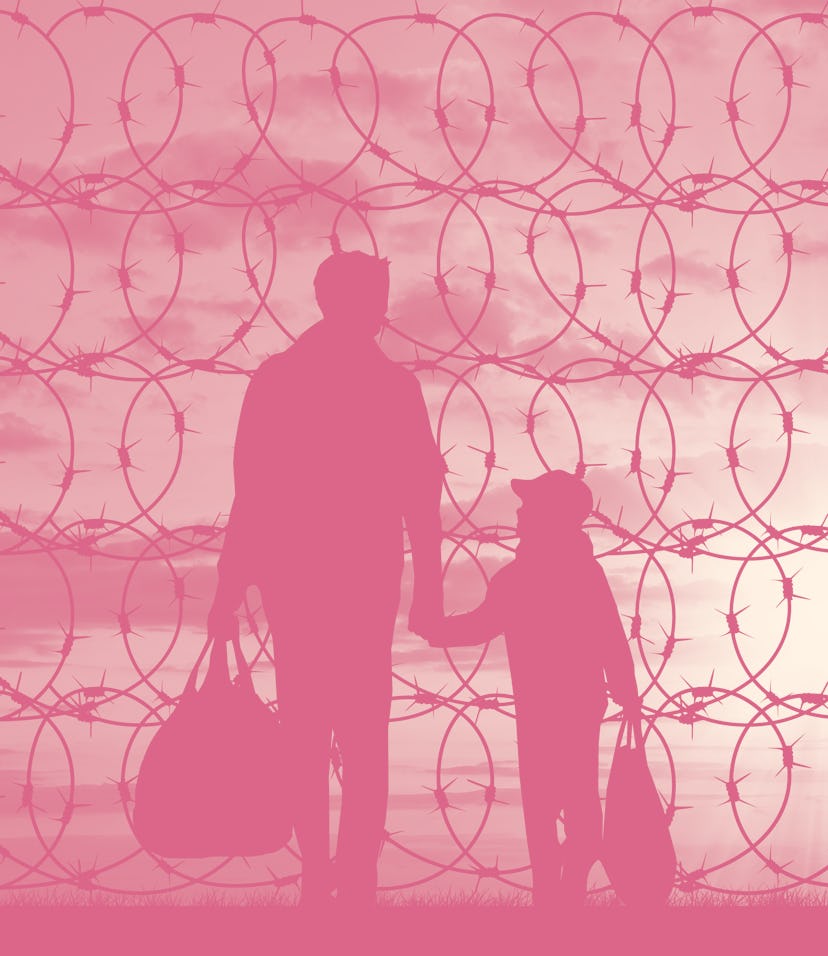Culture
Relying on AI to police migration could lead to a human rights disaster
Some countries are already using algorithms to determine who gets legal migration or asylum status.

If policymakers want to implement artificial intelligence to manage international migration crises, researchers are strongly urging officials to evaluate the risks. In a research paper published in the journal Migration Studies, University of Exeter's Ana Beduschi warns that over-reliance on artificial intelligence could harm migrants' basic privacy rights, legal accountability, and transparency.
Ethically questionable — Countries like Canada and Germany are already using algorithms to determine who gets legal migration or asylum status — and who doesn't — by facial recognition, dialect detection, and other metrics. But these applications are not without their flaws, Beduschi notes. A uniform algorithmic model for migration could lead to unlawful deportation, displacement, lack of privacy, and additional abuses against vulnerable individuals fleeing turbulent and volatile countries.
Beware AI's life-threatening imperfections — Aggressive and unexamined dependence on artificial intelligence could hurt migrants in search of stable homes. Beduschi warned that these "algorithms may accidentally misidentify a migrant as a terrorist or miscalculate the risk of ill-treatment upon deportation to their country of origin."
"Blind over-reliance on AI technologies could lead to serious breaches of human rights if in these scenarios, migrants were deprived of liberty due to misidentification, or if they were subjected to torture or inhuman treatment upon deportation," she added.
Who's to blame? — Beduschi also noted that there aren't enough legally binding international regulations in place that would highlight who bears the responsibility for the damage caused by migration-related artificial intelligence strategies. It's not clear, she wrote, whether that would be "the software developer, the company commercializing the AI solution, or the decision-maker who adopted a decision based on that AI tool."
The mainstreaming of artificial intelligence solutions in migration is inevitable. But Beduschi writes that policymakers have a moral obligation to openly and honestly weigh the risks. Don't fall for the "hype" around it, she advises. "International migration is a complex and context-dependent phenomenon," she concluded. "AI alone is not a panacea, and it cannot provide a one-size-fits-all model for international migration management."